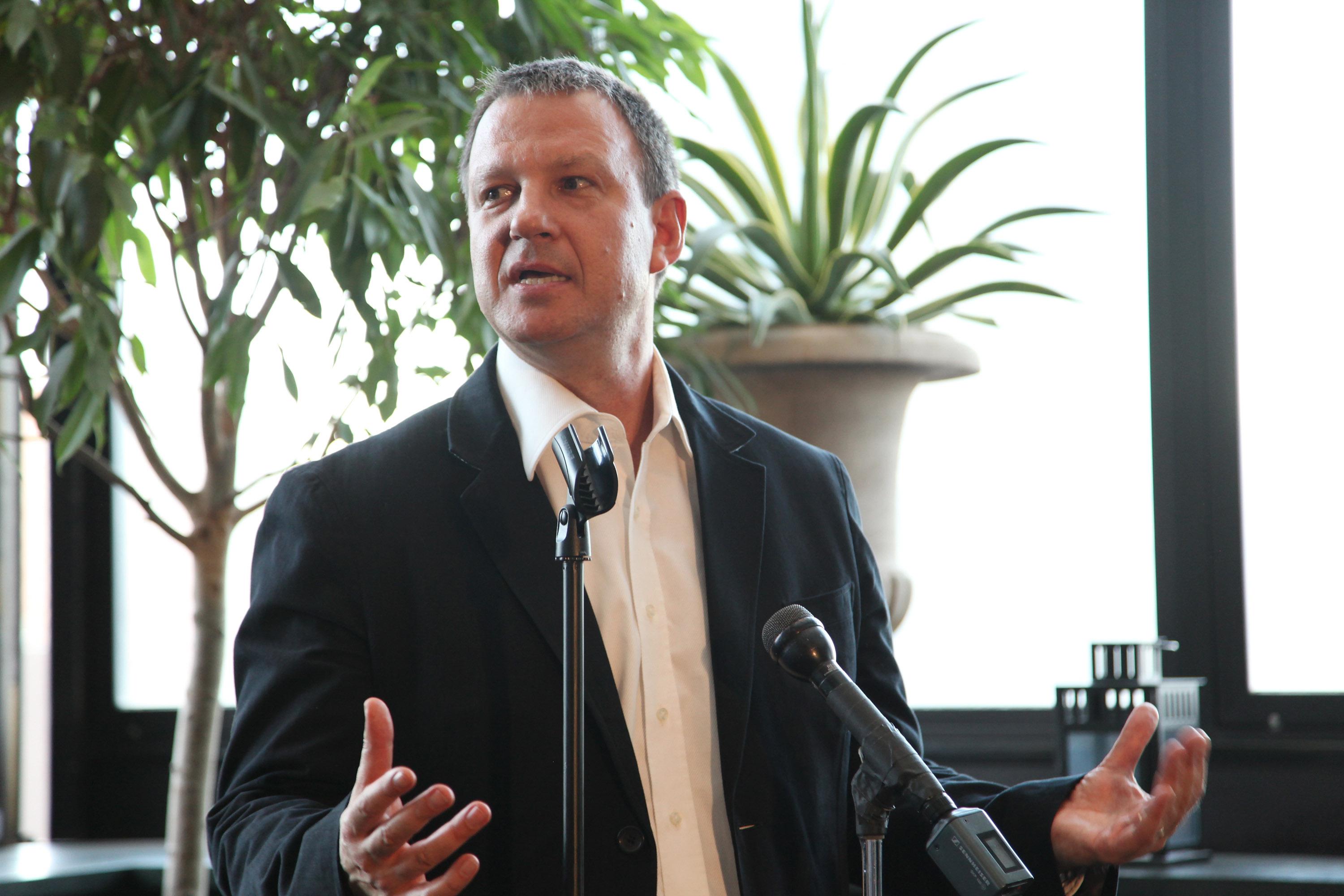Speaking ahead of Benjamin Netanyahu’s highly anticipated speech to Congress on Tuesday, Member of the Knesset Erel Margalit, who is representing the opposition Israeli Labor Party at this week’s AIPAC conference in Washington, strongly criticized the prime minister for creating what he describes as a dangerous distraction.
“We are very concerned with the security issue of Iran being a threshold nuclear state,” he told me. “But we are disappointed that the main discussion is not about Iran, but about Netanyahu’s speech.” Noting an NBC poll released this week, Margalit said that “the American public was split half and half on whether Netanyahu should give the speech or not. If you had asked if Iran should be a nuclear state, I think there would be overwhelming support against it.”
Responding to the prime minister’s speech to the AIPAC conference Monday, Margalit said that Netanyahu “stated good purposes” by arguing that Israel should not be a partisan issue in U.S. politics, but “these are words, and I think by his actions he’s achieving the opposite. He is creating a problem for some of the Democrats and even the Republicans by making this speech without the president’s support.”
Of course, it’s not just Netanyahu who is campaigning in Washington. With a little more than two weeks left until the Israeli election, recent polls show Zionist Union—the center-left alliance between Margalit’s Labor Party (led by Isaac Herzog) and former justice and foreign minister Tzipi Livni’s Hatnuah—with a slight edge over Netanyahu’s Likud. (Caveat: Israeli polls are often unreliable and of limited usefulness since the winning party will almost certainly have to form a coalition with smaller parties to create a government.)
Netanyahu has criticized the Labor Party for not taking the threat of a nuclear Iran seriously enough. (Herzog canceled a planned appearance at AIPAC, saying he wanted to focus on campaigning.) Margalit said that he too is concerned about the possibility of a too lenient nuclear deal that would set “Iran on the path of a nuclear state and agrees to a language that makes that possible at some point,” but argued that Netanyahu’s approach hasn’t helped matters. “Iran is a major concern of national security to Israel,” he said. “But the other national concern of national security is the relationship between Israel and the U.S. administration. I think that corrupting that channel and losing the trust in that channel is problematic to Israel’s very security.” Asked if this is the worst period he’s ever seen in U.S.-Israeli relations, he said he wasn’t sure but “the very question is a problem.”
Margalit, who was one of the country’s most successful venture capitalists before going into politics and says he hopes to be economics minister in a new government, suggested that Netanyahu’s overwhelming focus on security issues may be a way to take attention away from the state of the Israeli economy and the country’s growing inequality. “The issue of Iran is very important, but sometimes when you’re not dealing with the housing issue or how people are making a living, making a cry about security issues is a way out,” he said.
I asked Margalit how a Labor-led government might go about repairing Israel’s international image, and he said that progress on a two-state solution is essential. Labor favors a halt to the construction of far-flung settlements in the West Bank and advocates land swaps for the more established settlements around Jerusalem.
“Settlements are a thing that people here in the U.S. and elsewhere are sick of hearing about,” he said. “People want to see Israel take a stand to define its own borders and hear what kind of compromises we are we willing to make. Even if the Palestinians are not ready yet, we can say what we are willing to do, which will put a lot of the pressure on them.”
Summing up the current leaders of the Israeli right, whom he and his Labor colleagues are hoping to supplant, he said, “People like [Avidgor] Lieberman, [Naftali] Benett, and Netanyahu are leading Israel as a fort.”
